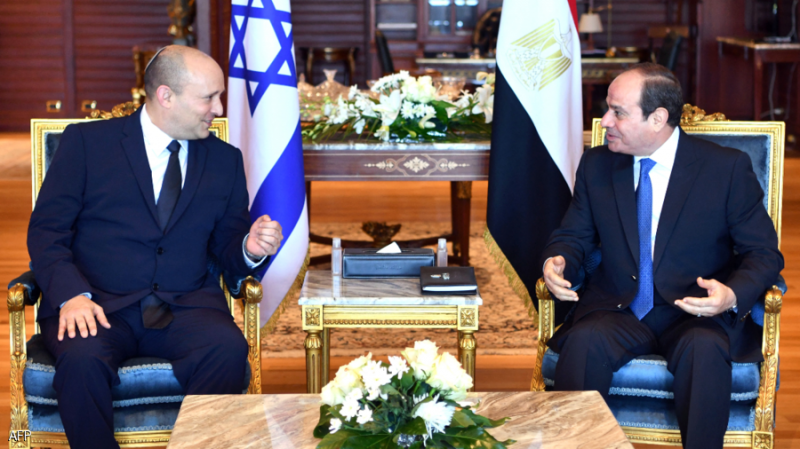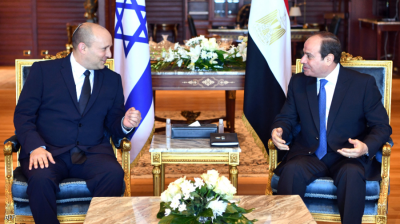Egypt has officially announced modifications to an international security agreement with Israel to enhance the Egyptian presence in the border region of Rafah, thereby strengthening security according to recent developments, as reported by the Egyptian military spokesman, Colonel Arkan Harb Gharib. The Egyptian military spokesman stated, "The joint military committee, based on a coordination meeting with the Israeli side, successfully amended the security agreement by increasing the number of border guard forces and their capabilities in the border area of Rafah."
In this context, Israeli affairs expert and member of the Egyptian Council for Foreign Affairs, Ahmed Fouad, commented that this amendment comes as part of what he described as "acknowledgment of the reality." Fouad explained in statements to "Sky News Arabia" that "Egypt has begun to dismantle the military annex of the peace agreement," meaning that during the era of the late Egyptian President Mohamed Hosni Mubarak, Egyptian border guard forces were positioned 1,500 kilometers deep into Area C, specifically in the Salah al-Din Axis (Philadelphi).
He continued, "Under President Abdel Fattah el-Sisi, the permitted forces in Areas A and B have been doubled, and for the first time, the Egyptian armed forces with their heavy equipment have reached Area C, which is supposed to be managed by civil police with light weapons." He elaborated, "This occurred in two phases - during President Mubarak's era, border guard forces were stationed in the Philadelphi Axis, and currently, with implicit Israeli approval and to combat terrorism, the Egyptian armed forces have been reinforced to the final international border line."
The Israeli affairs expert linked the amendment of the agreement to a meeting between the Egyptian president and Israeli Prime Minister Naftali Bennett that took place 60 days ago. He emphasized that "it is likely that a political agreement was reached in this meeting, while the technical points were left aside and the announcement of what was reached was postponed until after passing Israel's budget, which had been stalled for two years and was tied to a confidence vote."
He added, "When Bennett's government escaped a confidence vote and the budget was adopted, the announcement was made by Israel. It is noteworthy that this is an agreement and not a session record, verbal agreement, or temporary agreement; thus, it falls under the terms of the peace agreement signed between Egypt and Israel."
Regarding the ongoing strategic dialogue between Egypt and the United States, scheduled for Monday and Tuesday in Washington, Fouad remarked that "the United States acts as the guarantor or sponsor of the agreement, and this is a critical file for Egyptian Foreign Minister Sameh Shoukry with his counterparts and the American side in general." He also stressed the necessity of American support for this step, "to avoid any conflict or ambiguity," emphasizing the importance of obtaining Israeli approval in the end.




